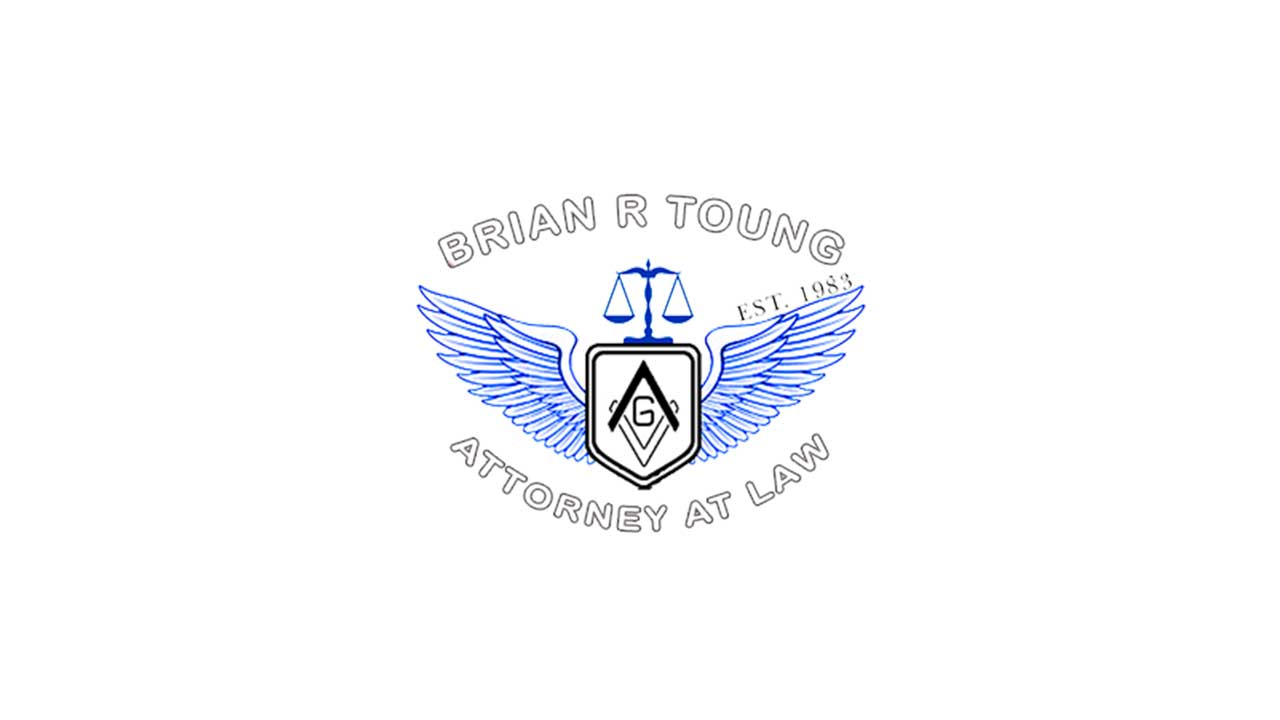For those over 21, DUI laws typically center around the .08 blood alcohol concentration (BAC) limit. Adult drivers who show slight traces of alcohol — perhaps from having a beer with dinner — may not wind up with a DUI as long as they’re not impaired.
Zero tolerance laws, though, make things even more strict. They’re aimed at people who are under 21 years old. After all, you can legally drive at 16, but you can’t legally drink for five more years. Any driver under 21 should theoretically never have any alcohol in his or her system.
Does Florida have this strict regulation? Sort of. Technically speaking, Florida has put zero tolerance laws into place, but they actually do tolerate a very small amount of alcohol. The BAC limit is simply lowered to .02 for drivers who are under 21.
This is low enough to make a difference. Having a single beer may not get a young driver over .08, but it could absolutely crack the .02 mark. While BAC levels depend on many things — like weight — that’s low enough that most people will get there with very little consumption. So, while the name of the law is a bit misleading compared to the letter of the law, it does make a big difference.
It’s very important for young drivers to know that Florida has these laws, especially if they come from out of state. Not all states have the same regulations, and young people don’t want to assume that the .08 limit is always in play. When they are arrested, perhaps without realizing they broke the DUI laws, they need to know about their legal defense options.

